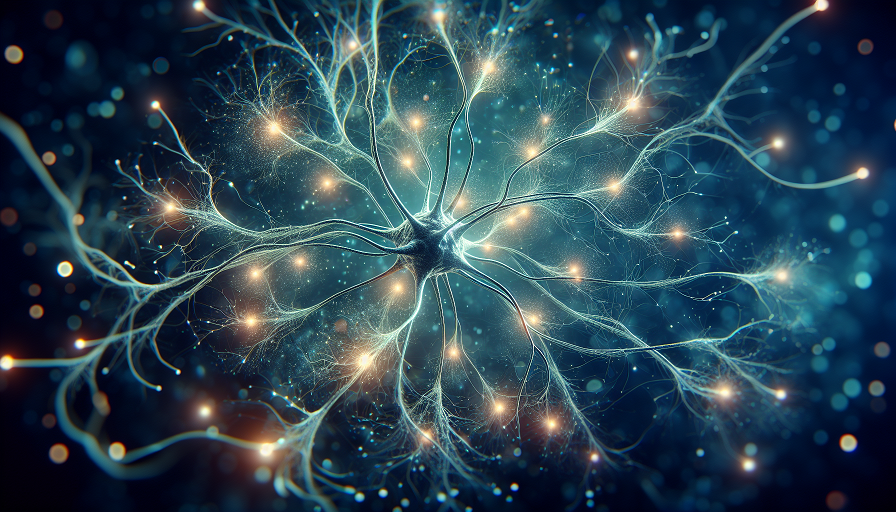
Yes, wearing bare feet on natural grounding surfaces such as grass, soil, or sand may boost mental clarity by reducing stress, improving sensory feedback, and potentially balancing the body’s electrical charge. While scientific research is still developing, anecdotal reports and early studies suggest grounding can positively influence brain function and emotional well-being.
Contents
- What Is Grounding (Earthing)?
- Sensory Stimulation and the Brain
- Scientific Evidence on Grounding and Cognition
- Potential Mechanisms for Mental Clarity
- Practical Benefits of Barefoot Grounding
- Comparisons with Other Brain-Boosting Practices
- How to Incorporate Grounding into Daily Life
- Risks and Safety Considerations
- The Bottom Line
What Is Grounding (Earthing)?
Grounding, also known as earthing, refers to the practice of making direct physical contact with the Earth’s surface. Walking barefoot on soil, sand, or grass allows the body to connect electrically with the planet, absorbing free electrons thought to neutralize oxidative stress. Advocates claim this practice restores balance to the nervous system and enhances mental clarity.
Sensory Stimulation and the Brain
Walking barefoot also engages the brain through tactile input:
- Somatosensory activation: The feet contain thousands of nerve endings, which provide rich sensory information to the brain when in contact with uneven surfaces.
- Improved proprioception: Feeling the ground strengthens awareness of body position and movement, sharpening focus and balance.
- Mindfulness cue: The novel sensation of bare feet on natural textures often brings attention to the present moment, reducing mental clutter.
Scientific Evidence on Grounding and Cognition
- A pilot study in Journal of Environmental and Public Health found grounding reduced cortisol levels, suggesting stress relief that may improve mental clarity.
- Research on heart rate variability indicates grounding supports parasympathetic nervous system activity, associated with relaxation and improved focus.
- Electroencephalography (EEG) studies show grounding can subtly alter brainwave patterns, increasing alpha activity linked with calm attention.
- Though evidence is still limited, subjective reports consistently link grounding with clearer thinking and reduced brain fog.
Potential Mechanisms for Mental Clarity
- Reduced stress hormones: Lower cortisol supports memory and executive function.
- Enhanced circulation: Contact with natural surfaces may stimulate blood flow, delivering oxygen and nutrients to the brain.
- Electrical balancing: Theories suggest Earth’s electrons act as antioxidants, reducing oxidative stress that can impair cognition.
- Increased mindfulness: Focusing on tactile sensations interrupts rumination and promotes present-centered awareness.
Practical Benefits of Barefoot Grounding
People who regularly practice grounding often report:
- Improved concentration during or after barefoot walks in nature.
- Reduced feelings of stress, anxiety, or cognitive overload.
- Better sleep quality, which indirectly supports mental clarity.
- Enhanced creativity, often associated with outdoor sensory experiences.
Comparisons with Other Brain-Boosting Practices
Grounding shares benefits with practices like meditation, yoga, and forest bathing. Each incorporates mindful awareness, physical relaxation, and sensory enrichment, all of which improve cognitive performance. The unique feature of grounding is its direct physical and possibly electrical connection to the Earth.
How to Incorporate Grounding into Daily Life
- Spend 10–20 minutes a day walking barefoot on grass, sand, or soil.
- Try standing still and focusing on the sensations under your feet to encourage mindfulness.
- If barefoot walking is impractical, grounding mats and conductive shoes are marketed as alternatives, though their effectiveness is debated.
- Combine grounding with deep breathing or meditation for amplified effects on clarity.
Risks and Safety Considerations
- Walking barefoot outdoors increases risk of cuts or infections, especially in urban or unsanitary environments.
- Not all individuals will feel immediate cognitive benefits, as research is still preliminary.
- People with foot conditions or compromised immune systems should use caution.
The Bottom Line
Wearing bare feet on natural grounding surfaces may indeed boost mental clarity by combining sensory stimulation, stress reduction, and possible bioelectrical balancing. While more scientific validation is needed, the practice is simple, low-cost, and potentially rewarding for both mental and physical health.

